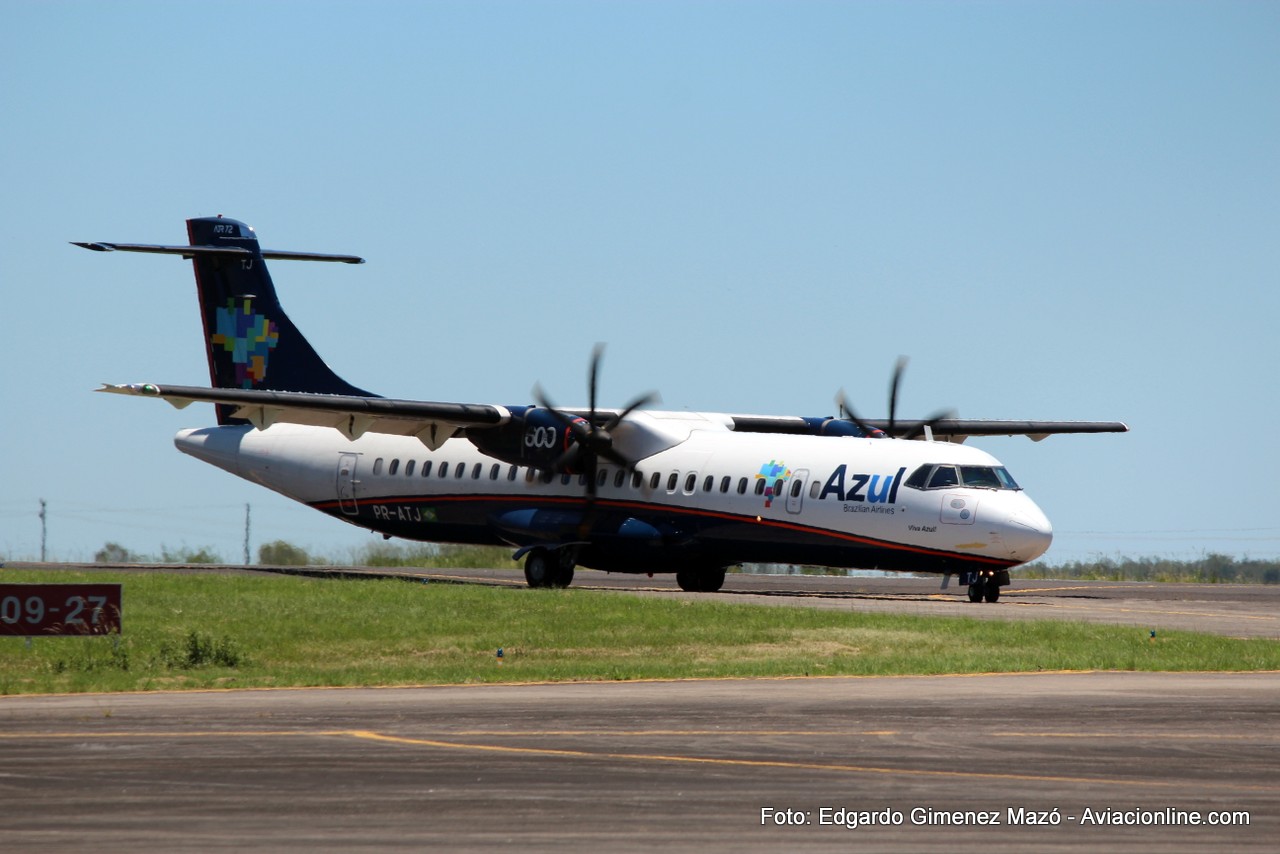Azul hits reset: Chapter 11 filing backed by AerCap, American Airlines, and United Airlines
Azul Linhas Aéreas is moving forward with a deep restructuring of its capital structure through a judicial recovery process in the United States under Chapter 11 of the U.S. Bankruptcy Code. The measure, which will be formalized this Wednesday, May 28, aims to position the company as a more efficient and competitive operator in the Latin American aviation market, which, since the pandemic, has already seen some of its main players enter and exit Chapter 11, including Aeroméxico, LATAM, and Avianca (Brazil’s GOL, the most recent to file, is still in the process of emerging).
The airline, which serves 160 destinations and transported 30 million passengers in 2024, enters the process with prearranged agreements with key creditors, its largest aircraft lessor (AerCap), and strategic partners such as United Airlines (which already holds 2.02% of the capital) and American Airlines.
The operation includes a debtor-in-possession (DIP) financing package of US$1.6 billion, which will cover part of the existing debt and provide approximately US$670 million in additional liquidity. In addition, a rights offering of up to US$650 million, along with a potential equity injection of up to US$300 million from the U.S. carriers, will strengthen Azul’s exit from the process.
In an interview with Folha de S. Paulo, Azul CEO John Rodgerson confirmed that upon the completion of the judicial process, United and American could each invest between US$100 million and US$150 million in exchange for a significant equity stake and seats on the board of directors. The realization of this investment will depend on the final approval of the restructuring plan, according to partner media outlet AEROIN.
Rodgerson emphasized that the process represents a pause in negotiations with Abra Group, the holding company that controls Gol Linhas Aéreas, which is also undergoing restructuring. "By deleveraging, Azul will fly higher. We are entering the process with an exit already in mind,” the executive said.
He noted that the goal is to cut total debt in half and reduce the debt-to-EBITDA ratio from four to around two times. The expectation is to complete the restructuring within six to twelve months, aided by pre-negotiated agreements for both entry and exit from Chapter 11.
In 2024, Azul recorded an adjusted net loss of BRL 1.057 billion (~USD 187 million), with a positive operating result of BRL 3.507 billion (~USD 621 million).
Regarding operational continuity, Azul stated it will maintain all flights, customer benefits, and commercial operations without changes, while ensuring its commitments to employees, suppliers, and passengers remain in effect. "Azul continues to fly – today, tomorrow, and into the future," said Rodgerson.
“With a collaborative approach and the support of our stakeholders, we have made a strategic decision to pursue a voluntary financial restructuring as a proactive move to optimize our capital structure, which was burdened by the COVID-19 pandemic, macroeconomic headwinds and aviation supply chain issues. Our strategy is not just about financial reorganization. By using this process, we believe that we are creating a robust, resilient, industry-leading airline – one that Customers will continue to love flying, at which Crewmembers will continue to love working, and that will create value for our stakeholders," he added.

AerCap CEO Aengus Kelly expressed confidence that Azul will emerge “stronger than ever,” highlighting that both companies are the largest operators of Embraer E2 aircraft, thereby supporting the Brazilian aviation industry.
"United was proud to begin cooperating with Azul in 2014 and to invest in Azul in 2015. Since that time, we have connected hundreds of thousands of passengers and are excited about the opportunity to grow this business even more,” said Andrew Nocella, Executive Vice President and Chief Commercial Officer of United Airlines.
"Azul is more than just a commercial partner for United – their customer-first approach and unique route network connecting small and large communities have improved the passenger experience in Brazil. That’s why we support Azul’s restructuring process and have entered into an agreement to build a stronger relationship in the future," he added.
Stephen Johnson, Vice Chair and Chief Strategy Officer for American Airlines, added that “we are confident that Azul’s plan to strengthen its future will be extremely positive for the Brazilian aviation market and for travelers to, from, and within Brazil.”
“American Airlines has served Latin America since 1942 and is proud to operate flights to 14 destinations in South America. Our service, together with that of our partners GOL and JetSMART, combined with the strength and breadth of Azul’s network, will provide our customers with a unique travel option between the Americas and even greater connectivity within Brazil and South America. We are excited to support this process and be part of Azul’s future,” he concluded.
As part of this transformation, the company’s board of directors approved the creation of a Special Independent Committee, composed of Renata Faber Rocha Ribeiro, Jonathan Seth Zinman, and James Jason Grant, all independent directors. This committee will serve as an advisory body to the board, with the authority to evaluate, plan, and oversee negotiations related to the Chapter 11 restructuring process.
In parallel, Azul announced the suspension of its financial projections for 2025, in light of the new context.

/https://aviacionlinecdn.eleco.com.ar/media/2022/08/brasil-generica-pasajeros-azul.jpg)
Para comentar, debés estar registradoPor favor, iniciá sesión